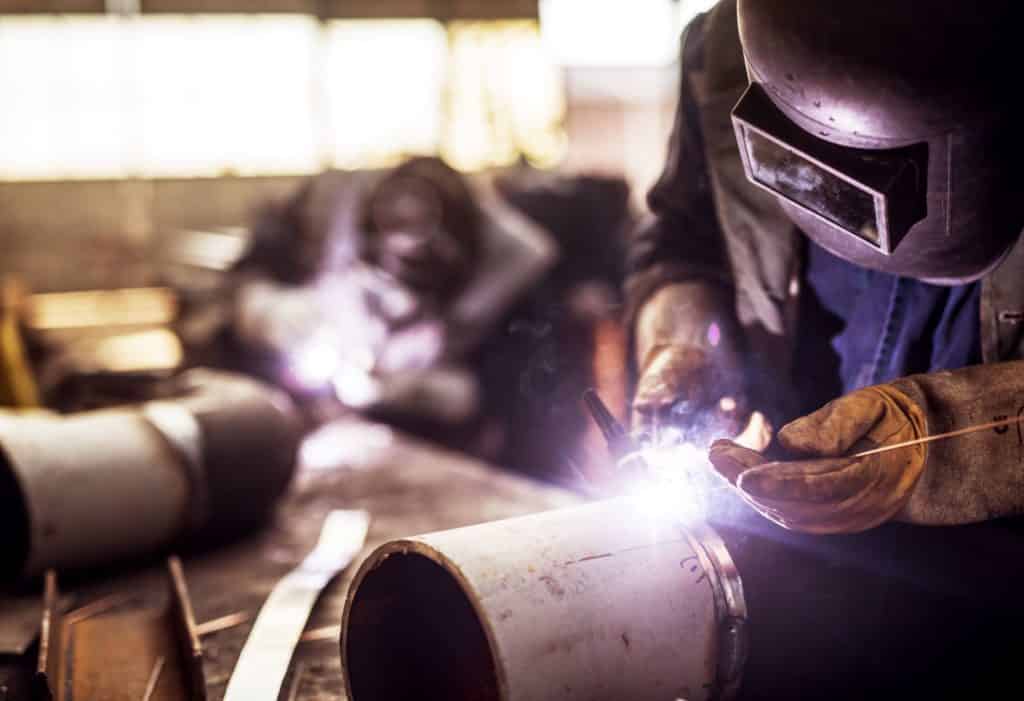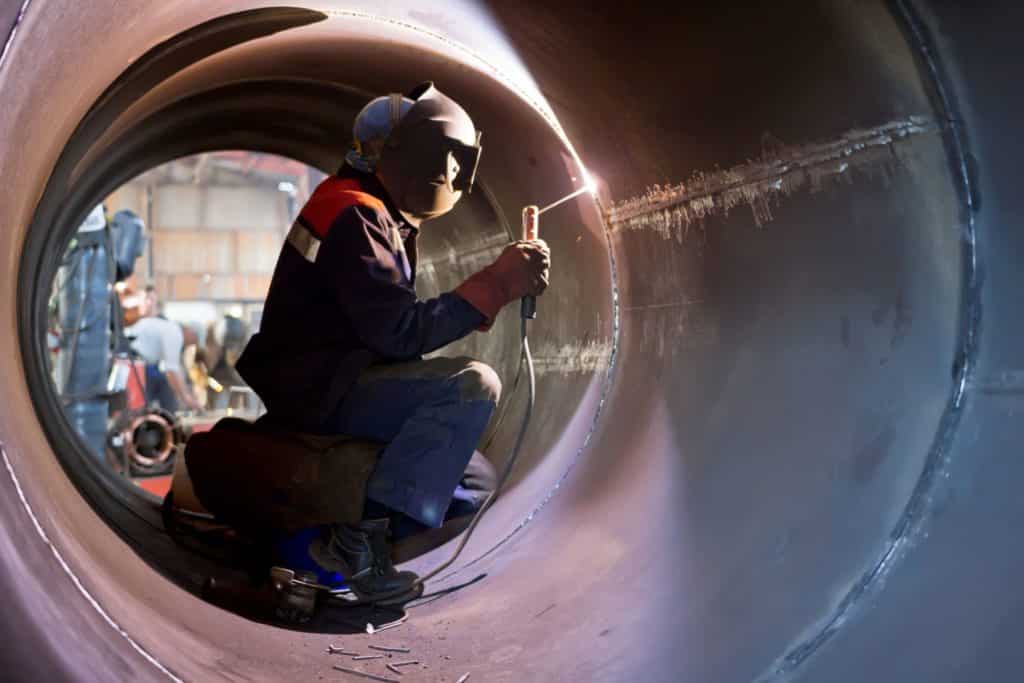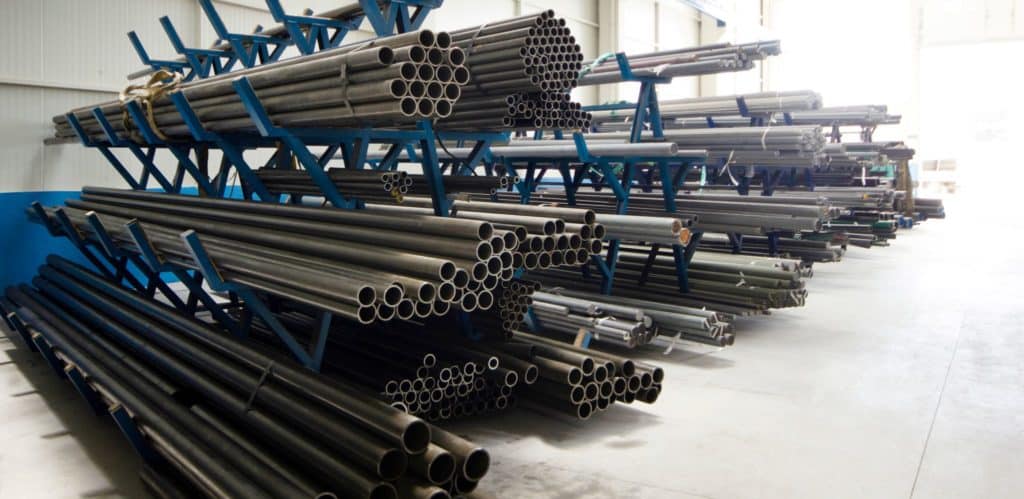The Advantage of Prefabricated Pipe Spools
Construction projects involve complex piping systems, especially in the oil and gas industry. This piping moves fluids and gas around the site, and needs careful and accurate installation. The installation of these systems can be a daunting task but can be made much easier by using prefabricated pipe spools.
So, what is a prefabricated pipe spool? Prefabricated pipe spools are sections of piping that include outlets, flanges, and fittings, made and assembled in a factory off-site. Contact Heartland Repair & Coatings to learn more about the advantages of prefabricated process piping.
Types of Piping Fabrication
Piping fabrication refers to the process of manufacturing pipes and fittings to specific dimensions and standards. Various processes, such as piping material storage, handling, cutting, beveling, cleaning, fitting, welding, testing, inspection, painting, insulation, and installation, are part of piping fabrication. There are two ways of completing piping fabrication:
1. Shop Piping Fabrication
Shop piping fabrication is done in a factory or workshop setting where all the necessary equipment and skilled technicians are available. The fabrication process begins with purchasing raw materials such as steel plates, tubes, and fittings. These materials then go through the fitting and welding process. The finished pipe spools are then heat-treated, pressure-tested, and labeled before being transported to the job site.
2. Field Piping Fabrication
Field piping fabrication is where all the processes of fabricating the piping occur at the final installation site. This is done using portable equipment and tools brought to the site. However, this process can be less efficient due to uncertainty in the working conditions, weather, and available resources.
It is important to note that many projects may utilize a combination of shop piping and field piping fabrication.

The Piping Fabrication Process
After receiving specifications from the engineers, the fabrication process now commences. The specifications include exact pipe dimensions, type of material, grade of material, end finishes, etc.
Precision and safety are of the utmost importance in any industry reliant on piping systems, especially those of the oil and gas industry. Close monitoring of the pipe fabrication process is required to maintain these standards.
The following is a brief overview of the steps involved in the fabrication process:
- Cutting and forming – The first step in the fabrication process is to cut the steel plates, tubes, and fittings to size.
- Beveling – The edges of the cut pieces are then beveled to create a smooth and accurate surface for welding.
- Welding – Welding is the process of joining two pieces of metal together by applying heat.
- Testing – After welding, the pipes must be pressure-tested to ensure they are free of any defects.
- Coating – Applying coatings to the pipes protects them from corrosion and rust.
- Insulation – If needed, the pipes can be insulated to accommodate extreme temperatures.
- Final assembly – The prefabricated pipe spools are assembled and connected to the flanges, outlets, and fittings.
- Quality control – The final step in the fabrication process is quality control. This involves inspecting the pipes and fittings for any defects or errors.

Why Choose Prefabricated Pipe Spools
Prefabricated pipe spools offer numerous advantages over field fabrication methods.
1. Quality Assurance
The controlled physical environment within a shop provides more stable working conditions, yielding better quality and consistency.
2. Reduced Costs
Prefabricated pipe spools reduce costs significantly via the following:
- No need to enlist temporary skilled fabricators on-site lowers labor costs.
- Various fabrication equipment and skilled labor already available at a shop location allow for higher productivity, thus reducing the cost per piece.
- Inspection and testing done in the factory eliminates the need for work-stoppage while conducting these tests on-site, saving time.
3. Improved Safety
A controlled environment provides a safer workspace for pipe spool fabrication. The higher quality yielded by this controlled environment also results in a much safer piping system.
4. Greater Flexibility
The use of prefabricated pipe spools offers greater flexibility. This flexibility is due to the ease with which you can rapidly incorporate design changes as the project shifts.
5. Reduced Environmental Impact
By using prefabricated pipe spools, you reduce the carbon footprint of a piping system. Manufacturing in a controlled environment uses less energy and produces less waste.

Take advantage of prefabricated spools
Heartland Repair & Coatings offers the best prefabricated spool packages in the market. Our fabrication process is closely monitored and inspected to meet the highest precision and safety standards. We hold U Stamp, R Stamp, and NB Stamp certifications, guaranteeing that all products are built in accordance with strict ASME requirements. Give us a call today to see how we can help you with your next piping project.